Upcoming Events
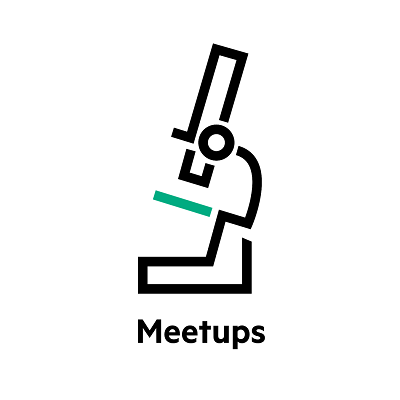
Enabling business automation using HPE GreenLake platform foundational APIs
March 27, 2024
The HPE GreenLake edge-to-cloud platform, now offers application programming interfaces (APIs) for many common services, such as workspace management, identity and access management, device and subscription, locations, audit logs, and wellness. In this session, explore using the HPE GreenLake Developer Portal to access them and see how to invoke these APIs using an OpenAPI tool, such as Postman. We’ll demonstrate this using some of the most popular scripting languages (i.e. Bash, PowerShell and Python).

The Transformative Impact of Generative AI on Telco Products
April 17, 2024
This session will showcase a PoC for an innovative application that demonstrates a bot capable of retrieving information and executing commands on Athonet 5G Networks. Utilizing an LLM as a core Reasoning Engine, our PoC highlights the integration of advanced AI capabilities without compromising human or customer data security. We’ll demonstrate how to maximize the benefits of our products based on Generative AI by establishing automatic data feedback loops. Thanks to AI, these loops will enhance our product with the ability to self-improve through the analysis of customer interactions, thereby boosting personalization and operational efficiency.

The family of HPE GreenLake Data Services Cloud Console (DSCC) APIs – Putting it all together
April 24, 2024
HPE recently announced a set of HPE GreenLake Data Services (DSCC) Cloud Console APIs in for HPE GreenLake for Backup and Recovery (GLBR), HPE GreenLake for Private Cloud Business Edition (PCBE), HPE GreenLake for Disaster Recovery (GLDR) and common DSCC data services. In this session, A team of DSCC product managers and architects will present common API service interactions (e.g. hybrid services, data services, etc.) to accelerate your consumption of these APIs for use cases such as automation and monitoring. They’ll help you understand the benefits of these API modules, how to interact with them, and their relation to the DSCC Storage APIs published earlier.
Past Events

Learn how AI hackers detect fragility and how to thwart them with AI model resilience
March 19 - 20, 2024
Getting Started with Aruba Central automation
February 27 - 28, 2024
Secure GenAI Adoption for all!
February 20 - 21, 2024
Getting started with HPE GreenLake for Compute Ops Management APIs
January 30 - 31, 2024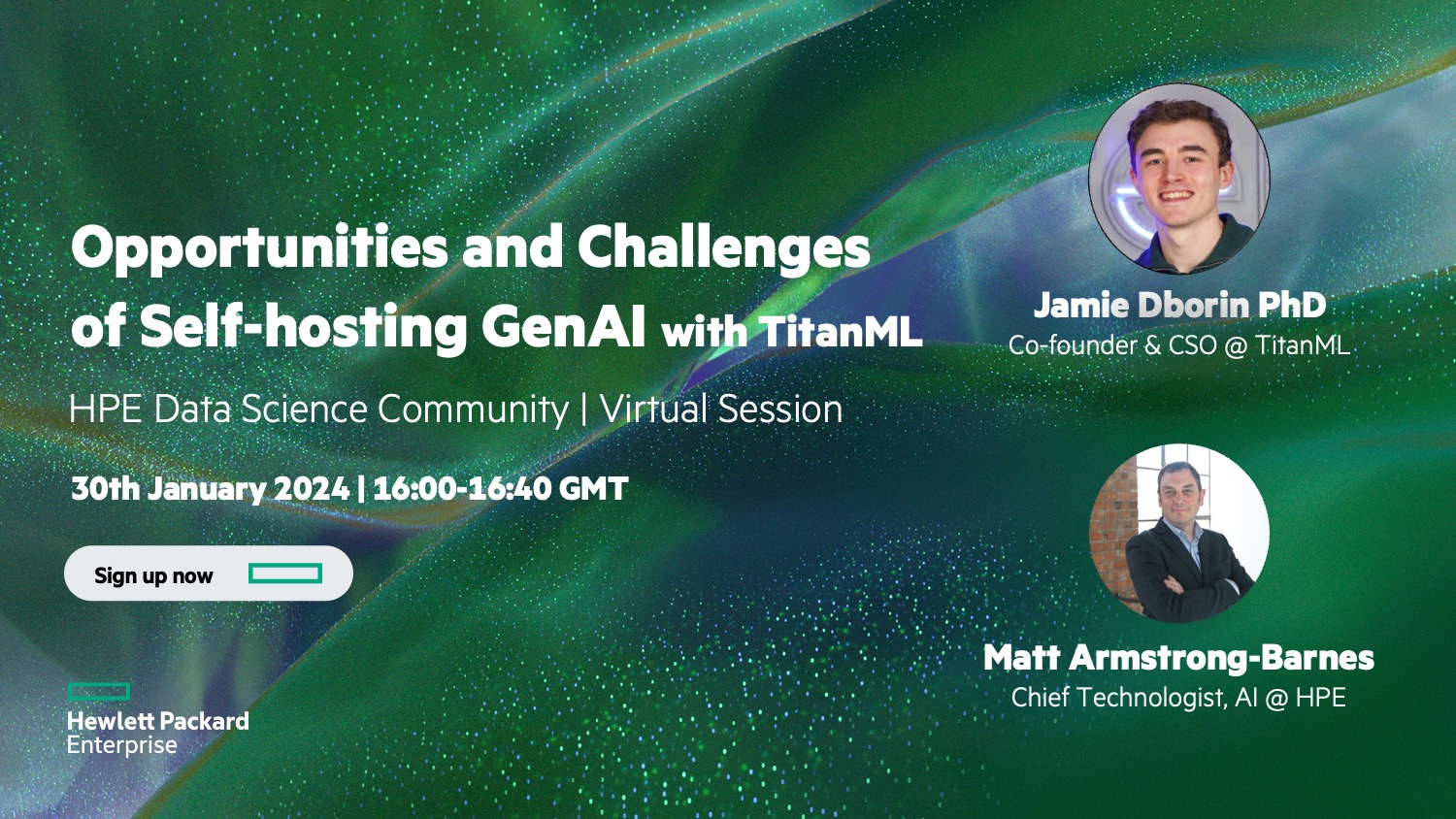
Opportunities and challenges of self-hosting GenAI
January 29 - 30, 2024
Using HPE GreenLake edge-to-cloud platform to build a private cloud
January 23 - 24, 2024
Exploring HPE GreenLake Platform APIs through use cases
December 12 - 13, 2023
Automated continuous deployment of container-based applications onto HPE GreenLake for Private Cloud Enterprise
November 28 - 29, 2023
Optimizing deep neural network inference workloads
November 14 - 15, 2023
The last mile of the self-hosted LLM
November 7 , 2023
Going from containers, to pods, to Kubernetes – help for your developer environments!
October 25 , 2023
The open-source advantage: Exploring machine learning through thought leadership
October 17 - 18, 2023
DevOps Alert: Tool Sprawl. Complexity. Burnout. Help!
September 26 - 27, 2023
State of the Nation – Linux distributions
September 19 - 20, 2023
NonStop Technical Boot Camp (TBC) 2023
September 12 - 14, 2023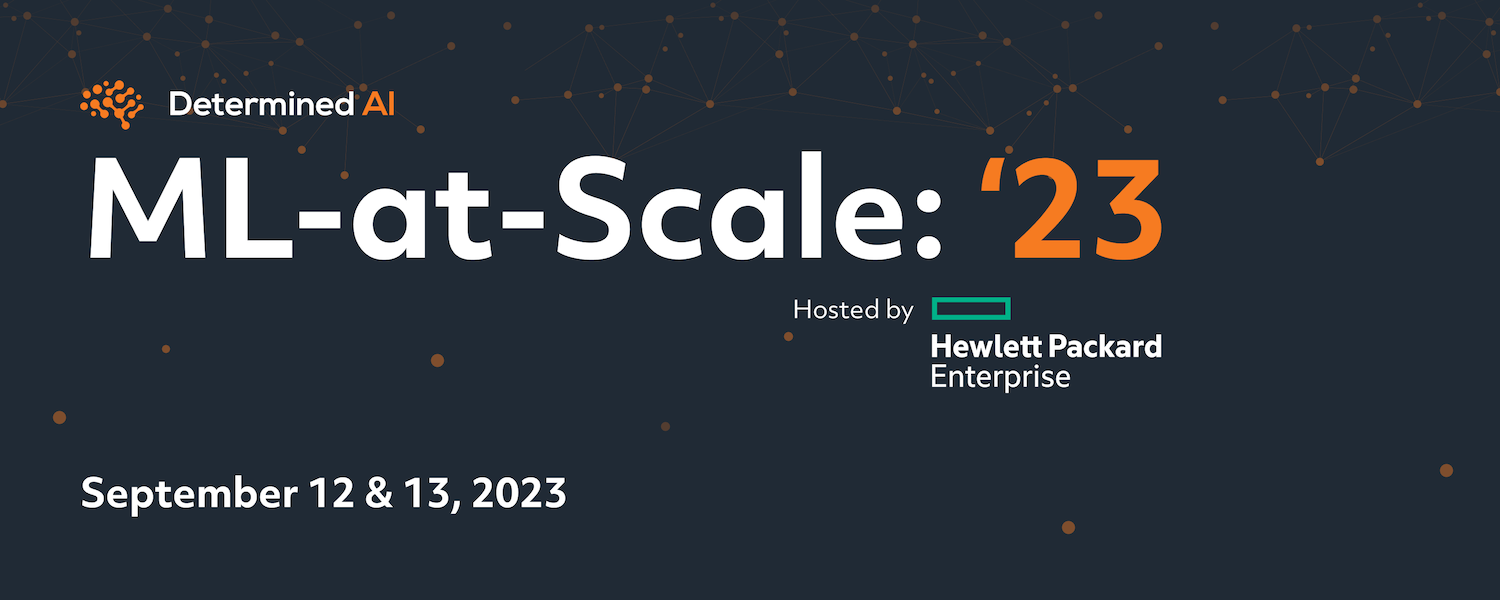
ML-at-Scale ‘23
September 11 - 13, 2023
Observability in action
July 25 - 26, 2023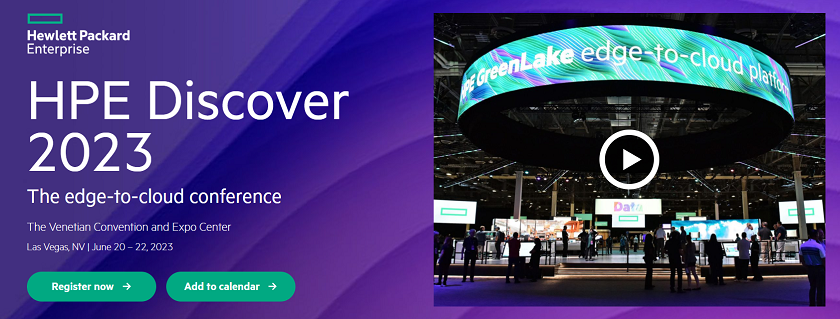
The Hack Shack at Discover 2023
June 19 - 22, 2023
Digital twins, the Metaverse, and augmented reality: Developer insights and IT foundations for immersive technologies powered by AI
June 13 - 14, 2023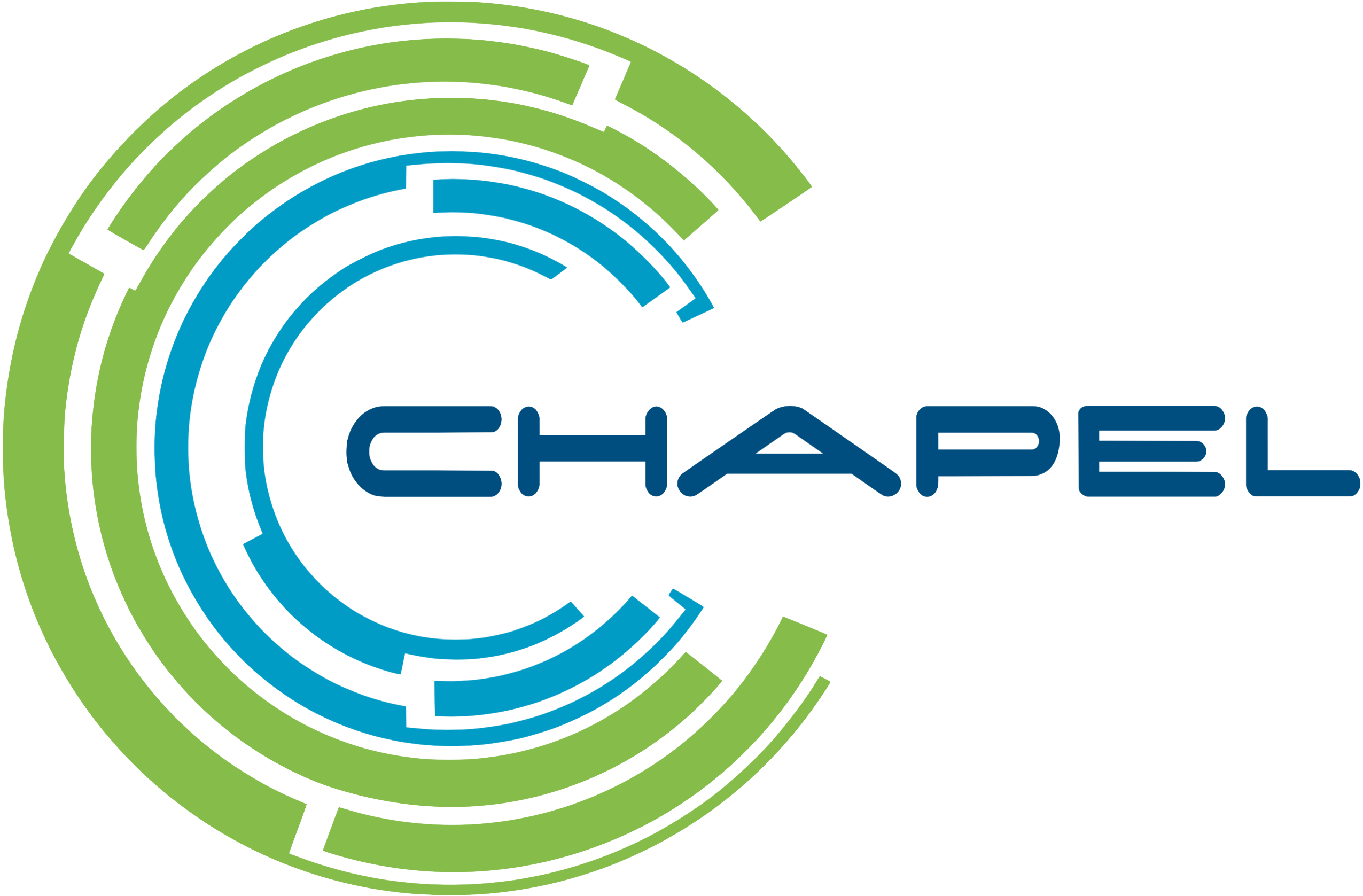
The 10th Annual Chapel Implementers and Users Workshop (CHIUW)
June 1 - 3, 2023
HPE Machine Learning Development Environment and the Open Source ML Advantage
May 30 - 31, 2023
Embracing large language model tools like ChatGPT for iterative problem solving
May 23 - 24, 2023
Divide and conquer with MicroFrontends
April 25 - 26, 2023
Leveraging Tech to Address Global Challenges & Health
April 18 - 19, 2023
Collaborating at scale with Postman
March 28 - 29, 2023
Extraordinary claims require extraordinary engineering (and TAMO isn’t an option)
March 14 - 15, 2023
Galadriel - An alternative approach to SPIRE federation
February 21 - 22, 2023
Determined AI Model Training Hackathon
February 19 , 2023
Accelerating scientific research through high performance computing democratization
February 14 - 15, 2023
HPE GreenLake and Infrastructure-as-Code (IaC)
January 24 - 25, 2023
Running reliable systems Part 2: Service-Level Objective (SLO) Math
December 13 - 14, 2022
Running reliable systems Part 1: An overview of SRE
December 6 - 7, 2022
Introduction to Kubeflow
November 29 - 30, 2022
Calling all citizen developers: Can low-code platforms accelerate your impact?
November 16 , 2022
Boost Spark AI workloads with Pepperdata
October 25 - 26, 2022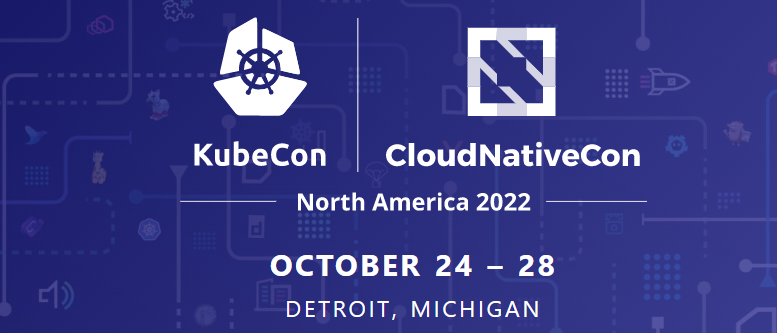
KubeCon NA 2022
October 23 - 28, 2022
HPE Sustainability Strategy and Sustainability Research at Hewlett Packard Labs
October 18 - 19, 2022
Machine Learning Data Version Control (DVC): Reproducibility and Collaboration in your ML Projects
September 28 , 2022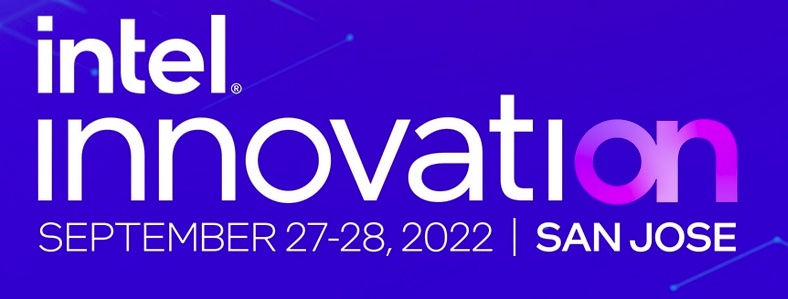
Intel Innovation 2022
September 27 - 28, 2022
Watch Party: NVIDIA'S EARTH-2: DIGITAL TWINS FOR WEATHER AND CLIMATE
September 21 - 22, 2022
Accelerate public sector AI use cases using a powerful ML Ops platform
September 20 - 21, 2022
NVIDIA GTC – the developer conference for the era of AI
September 18 - 22, 2022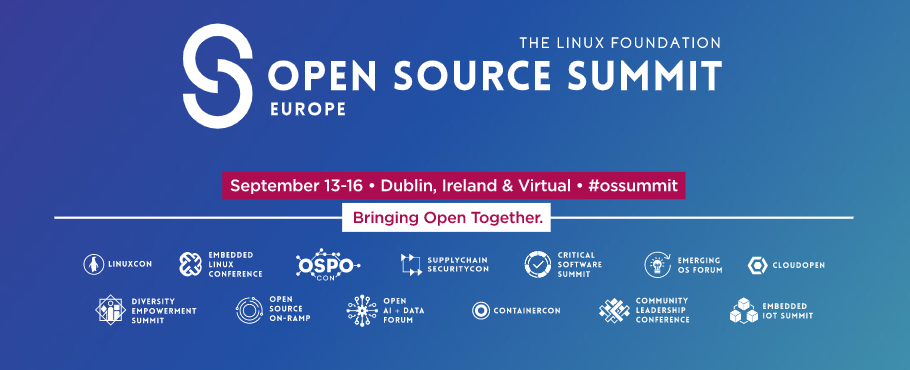
Open Source Summit Europe 2022
September 12 - 16, 2022
OpenTelemetry: Getting Started and The Road to Production
August 31 , 2022
Machines learn from data to be artificially intelligent
August 16 - 17, 2022
Finding vulnerabilities in production with open source ThreatMapper
July 26 - 27, 2022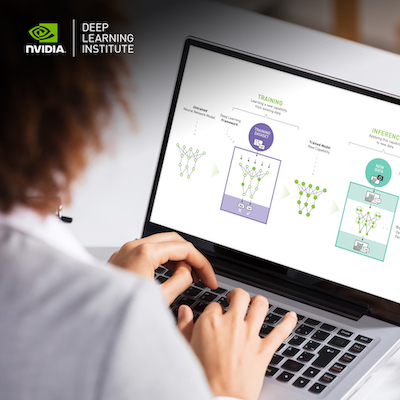
NVIDIA Deep Learning Institute
July 18 - 31, 2022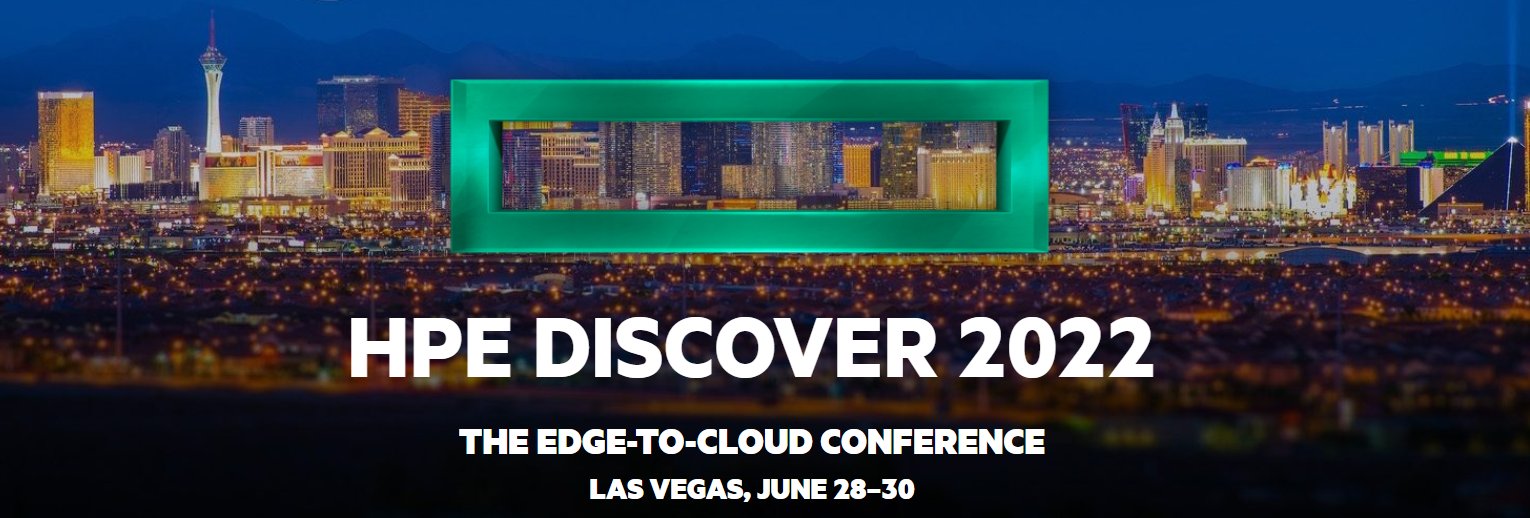
HPE Discover 2022
June 27 - 30, 2022
OpenSearch – The open-source search and analytics suite you can run yourself
June 22 , 2022
The 9th Annual Chapel Implementers and Users Workshop (CHIUW)
June 9 , 2022
Scaling Language Training to Trillion-parameter Models on a GPU Cluster
May 25 , 2022
Why Open Source is more than Software: The example of The Linux Foundation's AgStack project
May 18 , 2022
KubeCon EU 2022
May 16 - 20, 2022
Styra - Decoupled policy enforcement with Open Policy Agent
April 27 , 2022
Chapel: Making parallel computing as easy as Py(thon), from laptops to supercomputers
April 20 , 2022
World Artificial Intelligence Cannes Festival
April 13 - 16, 2022
HPE + vFunction: Modernizing Legacy Applications and Data Sources Faster
March 30 , 2022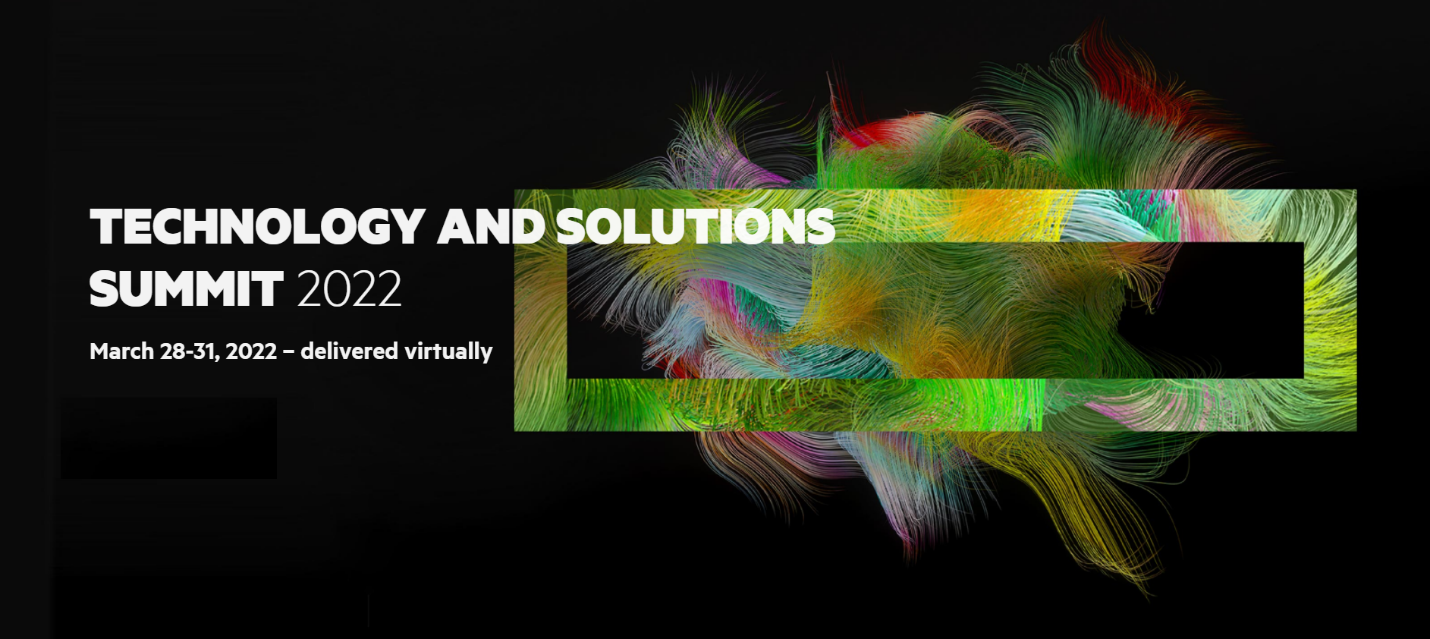
HPE Technology and Solution Summit 2022
March 28 - 31, 2022
Mithril: Introducing Robust Identities into Istio by integrating with SPIRE
March 23 , 2022
APIs for HPE GreenLake for block storage and next-gen platforms
March 22 - 23, 2022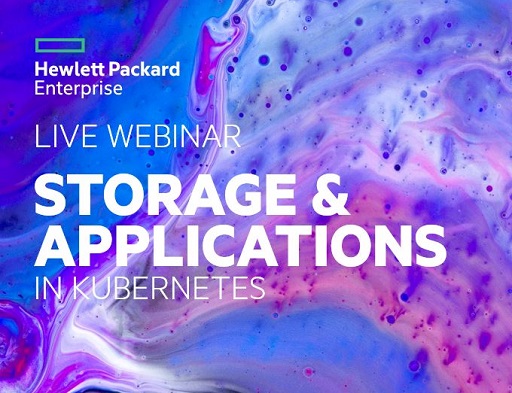
Storage & Applications in Kubernetes
March 16 - 17, 2022
Streamlit - The fastest way to build and share data science apps
February 23 , 2022
Golden Age of AI, Dark Ages of AI Infrastructure
February 16 , 2022
Quarkus - Supersonic Subatomic Java
January 26 , 2022
Location, location, location! Succeed at the Edge with HPE Ezmeral and NVIDIA
January 19 , 2022
HPE Data World 2021
December 7 , 2021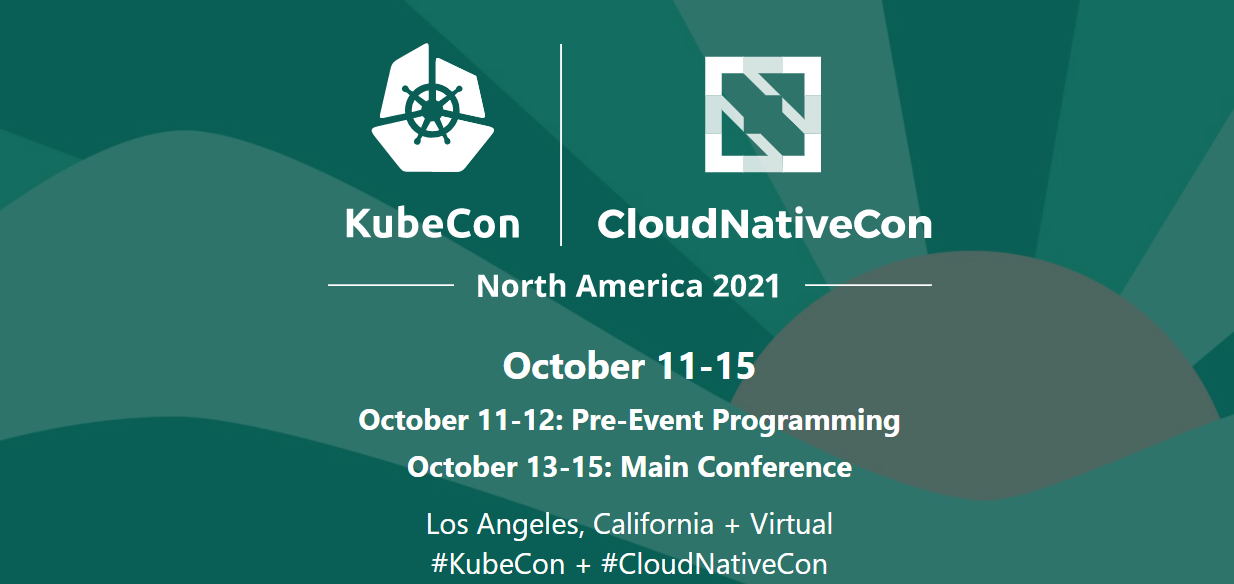
KubeCon NA 2021
October 11 - 15, 2021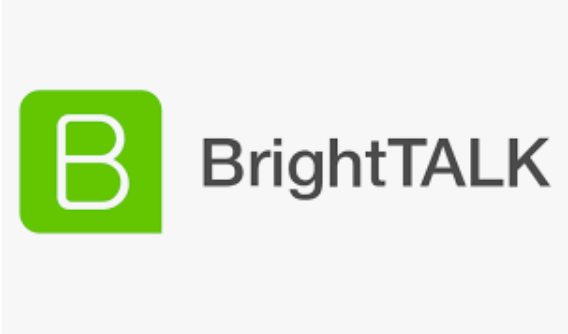
HPE Webinar: Is there life after Hadoop?
August 26 , 2021
HPE Discover 2021
June 22 - 24, 2021
Texas Children’s Hospital Healthcare Hackathon
May 14 - 24, 2021
KubeCon Europe 2021
May 4 - 7, 2021
HPE Technology and Solutions Summit 2021
March 15 - 18, 2021
Explore Containerization and MLOps
February 24 , 2021
What's a data fabric and how does it work?
January 27 , 2021